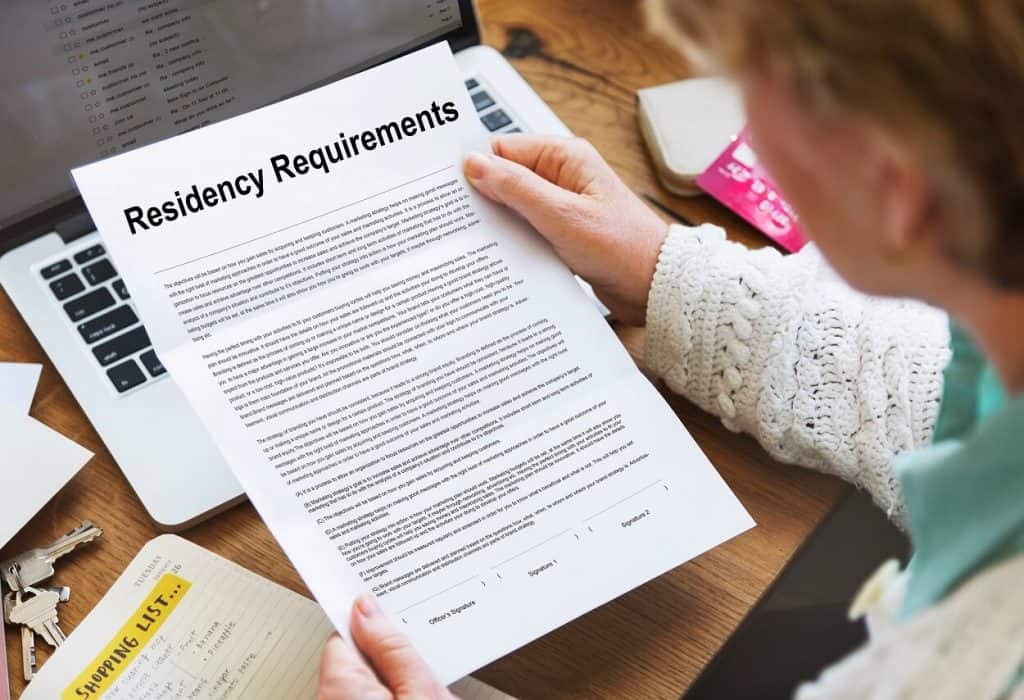One of the most common questions about a divorce after its cost is how long it will last. No one can give a definite answer since the duration of the process depends upon a range of factors, including the case type and complexity.
The more unresolved disputes a couple has, the more time they will need to spend on negotiations and resolution. The parties’ unwillingness to cooperate complicates and prolongs the process even further. Yet, even the most amicable, full-agreement, uncontested divorces cannot be completed within a few days, especially if state laws provide for a mandatory waiting period.
So, what is a waiting period? How long does it last? Does Georgia have one? And how does it work? These and other issues are explained in the following sections.
What Is the Georgia Divorce Waiting Period?
Georgia divorce laws set a mandatory 30-day waiting period, which is one of the shortest in the country. Nevertheless, it does not always mean that the judge will sign the decree about marriage dissolution on the 31st day since certain factors may cause some alterations.
Firstly, you must meet residency requirements to be eligible to file for divorce in Georgia. According to OCGA 19-5-2, the petitioner – a person who initiates the action – must be a bona fide state resident for at least 6 months before filing. So, if you moved here less than half a year ago, you will need to wait until you can meet this requirement.
If you file on a no-fault ground simply because your marriage is irretrievably broken, you will not need to prove your spouse’s guilt in ending your relationship. However, you can get a divorce decree no sooner than 30 days after serving the papers on the other party, which is specified in OCGA 19-5-3 (13).
Mind that the court may only start reviewing your case as soon as this waiting period expires, which does not mean the final judgment will be signed right away. Firstly, the court’s caseload may delay this event, so you only need to wait for your turn. Secondly, the judge may need some time to review the paperwork, schedule one or more hearings if needed, resolve any disputes, etc.
Moreover, the duration of the process after the waiting period ends also depends on the other party’s actions. Normally, a defendant has 30 days to answer the Complaint for Divorce after being served with the papers. If they fail to do this, the court will wait 46 days from the day of service and may award you the final judgment by default any time after this period expires. In case you had to resort to service by publication because you do not know where your spouse is, the judge may sign the final judgment by default no earlier than 61 days after the first publication.
How It Works

If you meet Georgia residency requirements, you may initiate the divorce case in the county where your spouse lives. When you have filed the initial paperwork with the superior court and paid a filing fee, you must officially notify the other party about it by serving them with a complaint and a summons.
In Georgia, you are allowed to file for divorce either on fault-based or no-fault grounds. The fault-based grounds listed in OCGA 19-5-3 require a plaintiff to prove the other party’s fault by providing solid evidence of their misdeed, while a defendant can present any defenses to the accusations. The only no-fault reason for divorce in Georgia is an irretrievably broken marriage, which means that neither spouse is to blame that the relationship does not work.
If you file for divorce because your marriage is irretrievably broken, Georgia law sets a mandatory waiting period of 30 days from the service of process. In this case, divorce cannot be granted automatically, and the court can start reviewing your case no sooner than a month after the defendant was notified about the initiated action.
This period can be viewed as a sort of cooling-off time for the parties to reconsider their relationships and situation. During this month, they can discuss the issues, decide whether marriage dissolution is the right choice, and perhaps even reconcile. If they still think that divorce is the only option for them and reconciliation is impossible, they can use this time to negotiate and settle the unresolved matters the way that can satisfy all the parties involved.
Exceptions to the Georgia Divorce Waiting Period

In fact, the waiting period for a no-fault divorce is already an exception in itself. No waiting period is mandated if you file due to some wrongdoing on the part of your spouse.
Georgia law recognizes 12 fault-based grounds, all of which must be established, proved, confirmed, accepted, or denied in the courtroom. Each of these grounds means that there’s a serious reason to terminate the marital relationship, and if the court finds either party guilty and accepts it as the solid basis for ending the marriage, it will sign the divorce decree after the litigation is over.
An irretrievably broken marriage is not grounded on any solid reason or anyone’s fault. In fact, spouses ask to dissolve their marriage because they cannot find common ground. Therefore, the court gives them time to cool off and reconsider their decision and a chance for reconciliation, providing an opportunity to save their relationship.
Waiting Period to Remarry in Georgia

The state of Georgia does not set any waiting periods to restrict divorced parties’ ability to remarry. Yet, you must consider some issues, especially if you are going to receive alimony. The payments will terminate after you marry another person, which is viewed as a new supporting relationship.
Indeed, some states have specific laws regulating ex-spouses’ freedom to remarry after divorce. Georgia legislation also has a history of similar regulations. However, no limitations or prohibitions against remarriage have been effective since 1979. Today, Georgia divorce laws state that neither party can be placed under the disability to remarry after the judge signs a divorce decree (OCGA 19-5-17).



